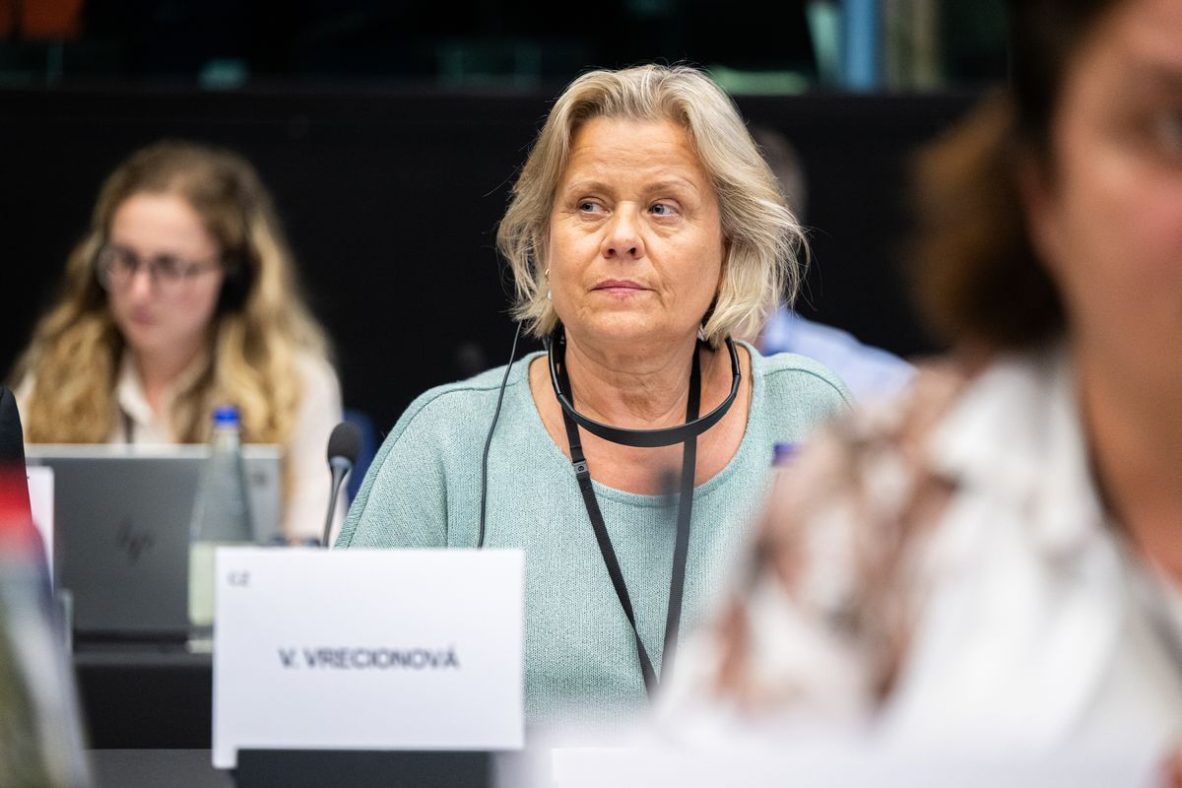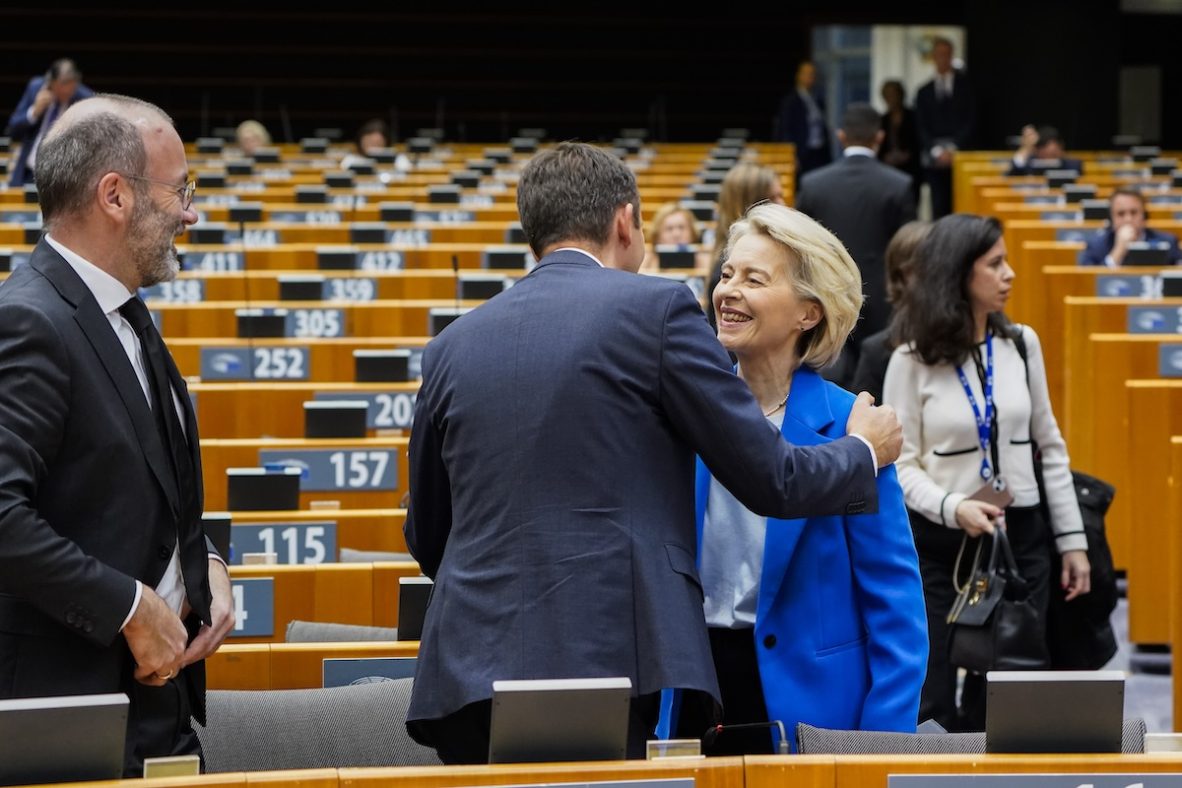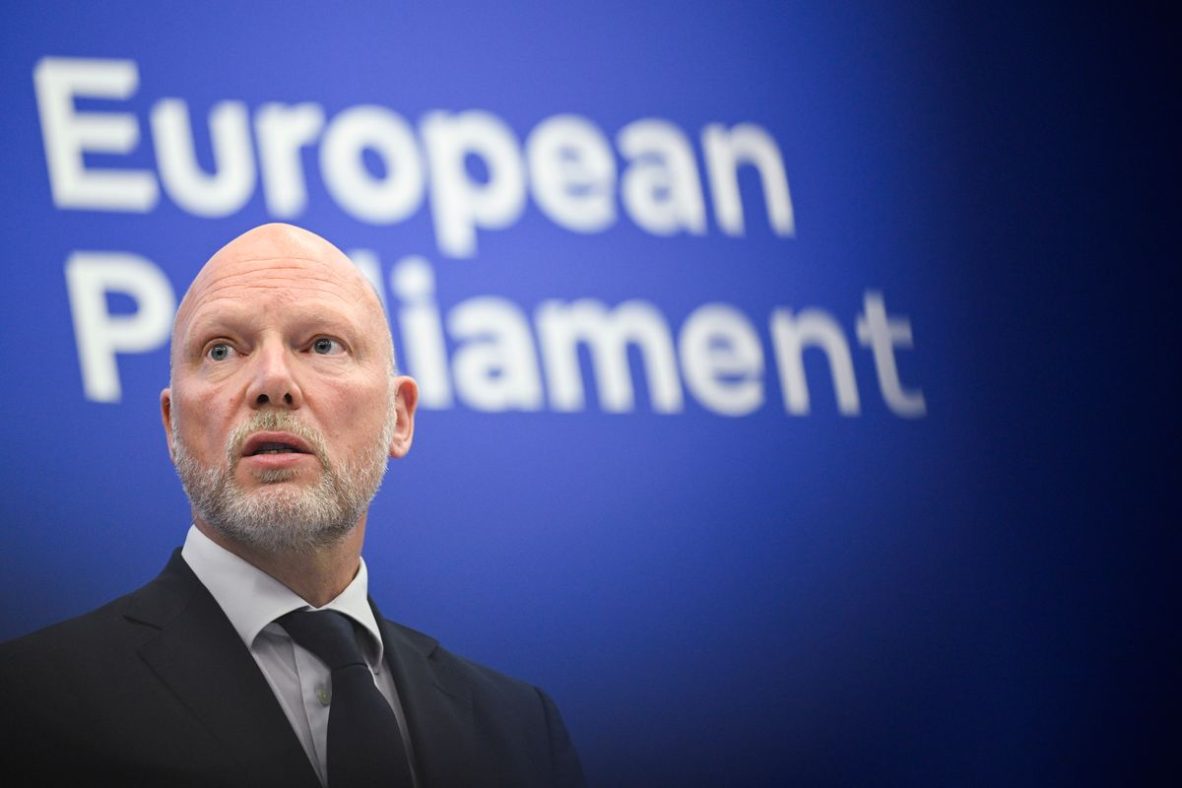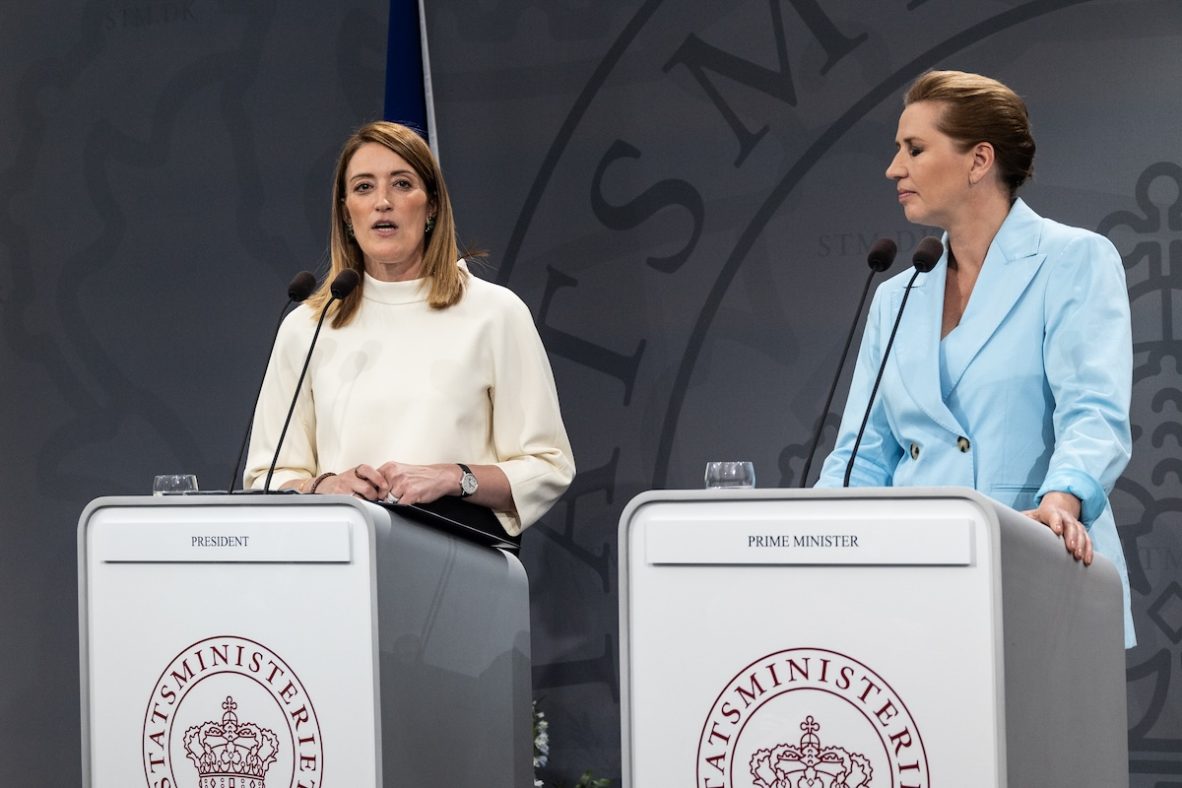Deforestation proposal eases rules for farmers - but will Parliament approve?
Brussels faces pressure as MEPs weigh fast-track approval before year-end

The EU is proposing significant tweaks to its deforestation rules, which would significantly ease requirements for European farmers and foresters.
As reported by Euractiv, the European Commission on Tuesday proposed delaying implementation for small companies – pushing entry into force back to December 2026. It also introduced a six-month suspension of penalties for all companies in cases of non-compliance.
A notable new addition to the rules is a new category of “micro and small primary operators,” referring to small farmers and foresters. Smallholders would only need to register once in the EU’s IT system and upload either the postal address or coordinates of their plots.
However, this category would only apply to producers in low-risk countries – a group that includes EU countries as well as trading partners like the UK, the US, and Australia.
According to the Commission, the new category would cover almost all EU farmers and foresters.
MEPs have previously accused the Commission of trying to ease compliance for Washington, after pledging to address US concerns as part of August’s Tunberry deal.
The proposal is unlikely to be welcomed by “standard-risk” countries – a list that includes major producers of cocoa, palm oil, coffee, and cattle such as Indonesia, Malaysia, Argentina, Brazil, and Uruguay – all of which have repeatedly criticised the risk classification as unfair.
Another key change is a reduction in due-diligence requirements – the documentation proving that goods sold on the EU market do not come from deforested land. Only the first company introducing the product into the EU market will need to provide them. Previously, all operators across the supply chain were required to do so.
A senior Commission official said the changes will prevent the IT system from overloading – a problem that prompted the reopening of EUDR in the first place – and ensure its correct functioning.
Will this fly?
The main question is whether the changes can be approved in record time – by mid-December – before the rules enter into force at the end of the year.
A senior Commission official said this timeline was “doable,” noting that Parliament and Council had already agreed to similar deadlines last year. “The objective is for the text to be published in the Official Journal before 30 December,” the official added.
Parliament sources said negotiations are likely to be fast-tracked, skipping the committee stage and going straight to plenary.
Renew MEP Pascal Canfin, the shadow rapporteur, said the changes risk opening loopholes that could be used to continue the flow of illegal timber imports from Russia and Belarus.
Still, he said he would accept the proposal as it stands: “I hope the EPP does the same.”
A similar stance came from the Socialists, with lead MEP Delara Burkhardt calling it “an acceptable balance,” adding that she hoped German conservatives – some of the EUDR’s main detractors – would support it.
Green MEP Marie Toussaint was more critical, saying the Commission was proposing far-reaching changes and “bowing to pressure from the right and agro-industrial lobbies.”
But the EPP has yet to reveal its position. “The proposed amendments are fundamentally a step in the right direction … the decisive factor now will be whether these changes actually solve the problems our businesses face in practice,” said German MEP Christine Schneider. The centre-right group will decide on its final position only after analysing the proposal in detail, her party colleague Peter Liese said.
At the Environment Council on Tuesday, several EU countries backed the Commission’s bid to simplify the rules, while others – including Latvia and Poland – called for more far-reaching changes, regretting that the reforms remain too “targeted.”
Earlier this month, 17 member states had already expressed support for a broader delay.
(adm, aw)








